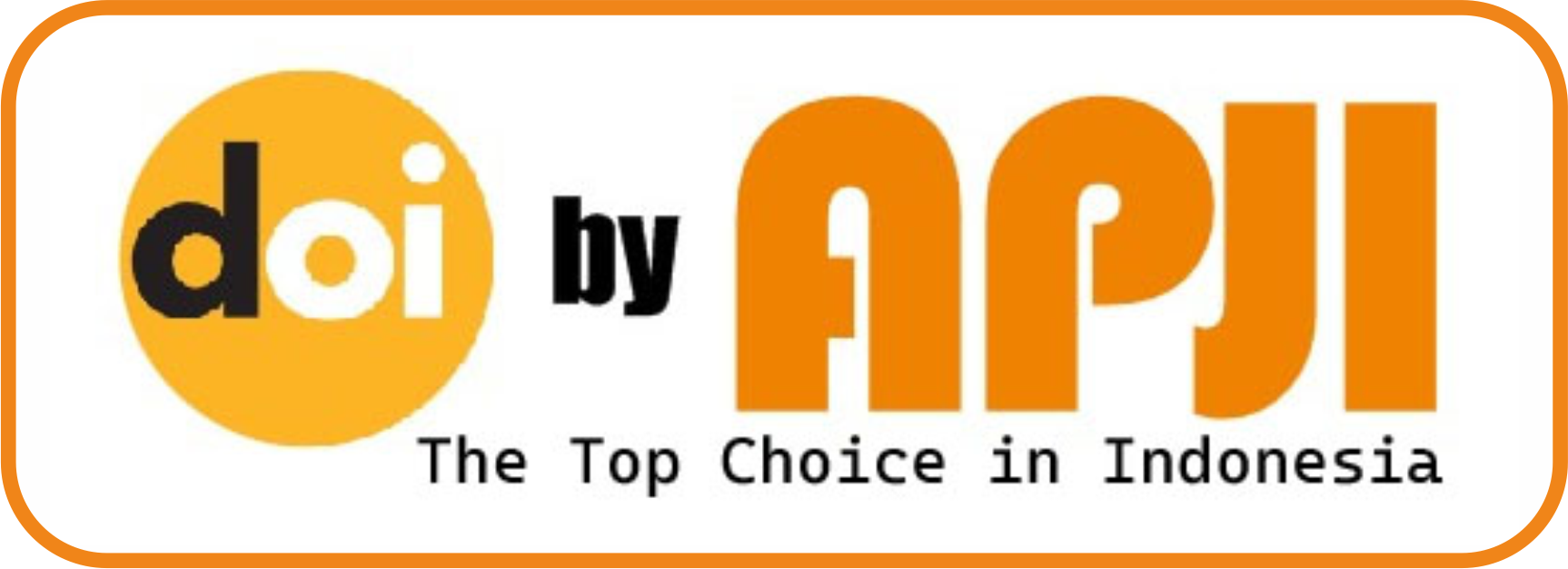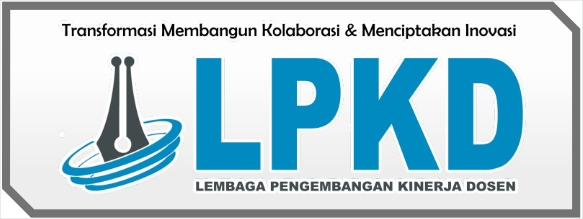Hubungan Pengetahuan dan Sikap Ibu dengan Pemberian Asi Eksklusif di Klinik Bersalin Evie Kec Babalan Kabupaten Langkat Tahun 2022
DOI:
https://doi.org/10.55606/klinik.v1i1.1979Keywords:
knowledge, attitude, Exclusive BreastfeedingAbstract
According to WHO data (2016), the coverage of exclusive breastfeeding worldwide was only around 36% during the 2007-2014 period. The achievement of exclusive breastfeeding in Indonesia in 2016 was 54%, but again decreased in 2017 to only 35% (Ministry of Health RI, 2017). In accordance with Health Law No. 36 of 2009 article 128 paragraph 1 states that every baby has the right to get exclusive breastfeeding from birth for six months except for medical indications and in paragraph (2) it says "during breastfeeding, the family, government, government regions and communities must fully support the baby by providing time and public facilities. Furthermore, in article 200 paragraph 1 it is stated "Everyone who deliberately obstructs the exclusive breastfeeding program as stated in article 128 is subject to imprisonment for 1 year and a maximum fine of Rp. 100,000,000 (one hundred million rupiah). The type of research used is an analytical survey. Analytic survey is research that tries to explore how and why the phenomenon occurs. Then analyze the dynamics of the correlation between phenomena, both between risk factors and effect factors. Test results The results of the chi square statistical test at a confidence level of 0.05 obtained a p value = 0.004 <0.05, then H0 was rejected and Ha was accepted. So it can be concluded that there is a significant relationship between knowledge and exclusive breastfeeding at the Evie Childbirth Clinic Langkat district in 2022. The results of the chi-square statistical test at the 0.05 confidence level obtained a p value = 0.003 <0.05, Ha was accepted. So that it can be concluded that there is a significant relationship between knowledge and exclusive breastfeeding at the Evie Childhood Clinic in Langkat Regency in 2022.
References
Arikunto. 2013. Prosedur Penelitian: Suatu Pendekatan Praktik. Jakarta: Rineka Cipta. Astutik. 2016. Payudara dan Laktasi. Jakarta: Salemba Medika.
Azwar S. 2013. Sikap Manusia: Teori dan Pengukurannya. Yogyakarta: PustakaPelajar.
Baskoro. 2018. ASI : Panduan Praktis Ibu Menyusui. Yogyakarta: Banyu Medika
Dahlan. 2016. Statistik Untuk Kedokteran dan Kesehatan. Jakarta: Salemba Medika.
Data Puskesmas Muara Badak. 2019. Cakupan ASI Eksklusif Provinsi Kalimantan Timur. Muara Badak.
Depkes RI. 2018. Buku Kesehatan Ibu dan Anak, Jilid A, Jakarta.
Dinas Kesehatan Provinsi Kalimantan Timur. 2018. Cakupan ASI Eksklusif Provinsi Kalimantan Timur. Kaltim.
Firmansyah N & Mahmuda., 2012. Pengaruh Karakteristik (Pendidikan, Pekerjaan),Pengetahuan Dan Sikap Ibu Menyusui Terhadap Pemberian ASI Eksklusif Di Kabupaten Tuban. Jurnal Biometrika dan Kependudukan, Volume 1 Nomor 1, Agustus 2012 : 62-77.
Hamdiah. 2015. Hubungan pengetahuan tentang ASI dengan pemberian ASI eksklusif. Jurnal Biometrika dan Kependudukan, Volume 3 Nomor 1 : 89- 95.
Handayani. 2017. Perbedaan Perawatan Tali Pusat dengan Menggunakan ASI dan dengan Kassa Kering Terhadap Lama Pelepasan Tali Pusat BBL di BPS Endang Purwati Yogyakarta. Jurnal Kesehatan Samodra Ilmu.
Hastono. 2016. Analisis Data Pada Bidang Kesehatan. Jakarta: PTRaja Grafindo Persada. Hegar. B. 2018. Bedah ASI Kajian dari berbagai sudut Pandang Ilmiah, IDI Cabang DKI Jakarta..
Notoatmodjo, S. 2018. Metodologi Penelitian Kesehatan. Jakarta: Rineka Cipta.
Putriarsih. R., Budihastuti, U.R., Murti, B. 2018. Prevalence and Determinants of Postpartum Depression in Sukoharjo District, Central Java. Journal of Maternal and Child Health. 3(1): 11-24.
Reproductive Mental Health Program BC. 2011. Baby Blues & Postpartum Depression women’s. Mental health during pregnancy and the postpartum period.. www.bcmhas.ca.
Rudy. M., Widyadharma, P.E., Adnyana, I.M. 2015. Reliability Indonesian Version of The Hospital Anxiety snd Depression Scale (HADS) Of Stroke Patients In Sanglah Hospital Denpasar.
Silva. C.S., Carneiro. M. 2014. Adaptation to parenthood: the birth of the first child Research Paper. 3:17-27.
Sugiyono, 2017 Metode Penelitian Kuantitatif, Kualitatif, dan R&D. Bandung : Alfabeta.
Susanti, L.W., & Sulistiyanti, A. 2017. Analisis Faktor-Faktor Penyebab Terjadinya Baby Blues Syndrom Pada Ibu Nifas. INFOKES, 7(2), September 2017.
Widyaningtyas, M.D. 2019. Pengalaman Komunikasi Ibu dengan Baby Blues Syndrome dalam Paradigma Naratif. Jurnal Manajemen Komunikasi, 3(2):202-213.
Wijayanti, K., Wijayanti, F.A., Nuryanti, E. 2013. Gambaran Faktor-Faktor Resiko Postpartum Blues di Wilayah Kerja Puskesmas Blora. Jurnal Kebidanan. 2(5): 57-64.
World Health Organization. 2014. Postpartum Care of the Mother and Newborn, A practical guide, Geneva, W HO/RHT/MSM/98.3
Yanti, D.A.M. 2014. Status Ekonomi Mempengaruhi Kejadian Post Partum Blues. Jurnal Ilmiah Kesehatan. 1-5. ejournal.umpri.ac.id.


















